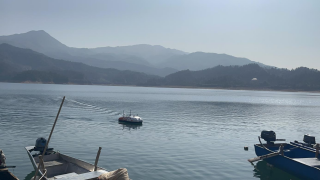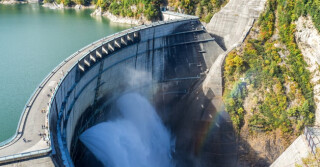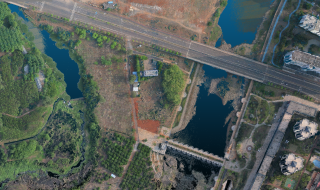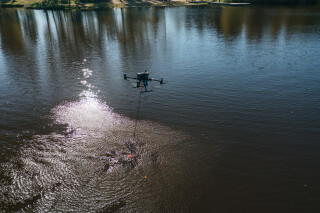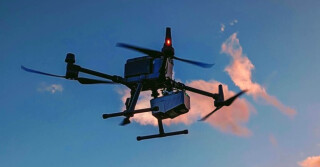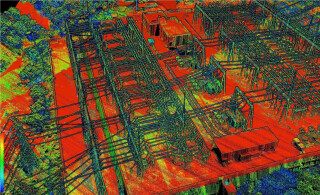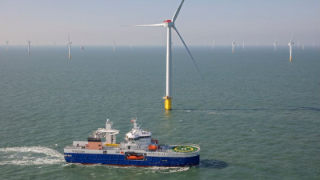
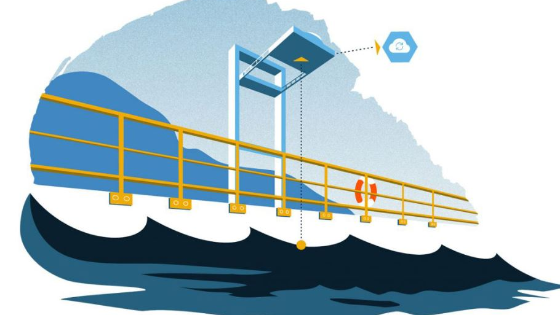
Spain’s National Port Authority Ensures Nationwide Access to Reliable Sea State Data using Dry, Radar-Based Sensors
Spain’s national port authority, Puertos del Estado, ensures nationwide access to reliable sea state data with dry, radar-based sensors from Miros.
Background
The Spanish port authority, Puertos del Estado, provides open access to metocean data from in-situ sensors and numerical models, with its web portal receiving more than 5000 visitors every day. Such access facilitates a significant array of public and private applications – from fishing operations to recreational sailors, and beyond. Consequently, since it is used in so many socio-economic sectors, the impact of this data is significant.
One of Puertos del Estado’s monitoring networks – the REDMAR network – collects sea level and wave data from more than 40 sites around the nation’s coasts. REDMAR offers vital insights to a wide range of stakeholders interested in oscillations of sea level at various scales. From local applications within ports and harbours to larger national and international projects involving governmental institutions, universities, and the military, the data also feeds into existing regional and national tsunami warning systems.
The Challenge
Puertos del Estado was keen to transition from traditional acoustic tide gauges and submerged pressure sensors towards more accurate, low-maintenance radar sensors. Such sensors are less sensitive to temperature gradients and this transition would enable better exploitation of higher frequency sea level oscillations – including waves – which are of interest for ports and harbours.
The Solution
Miros’ radar-based RangeFinder provides sea level, tide, and non-directional wave monitoring measurements in real-time. It measures with millimetre accuracy in all weather conditions, and, since it’s a dry sensor, the costs associated with submerged equipment are eliminated. In opting for dry-mounted, radar-based sensors from Miros, Puertos del Estado has future-proofed its hardware and paved the way for innovative next steps.
Conclusion
The Spanish port authority, Puertos del Estado, maintains one of the most advanced and ambitious coastal monitoring networks in the world. Local, national and international stakeholders make use of its data across many socio-economic sectors. Miros helped Puertos del Estado achieve its goals with dry radar-based sensors.
Related articles

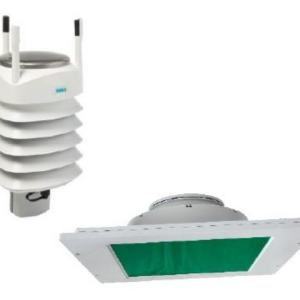
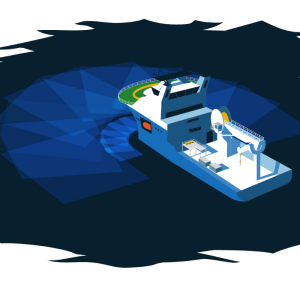
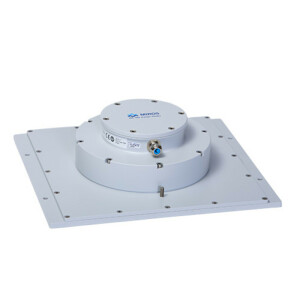

![3月21日-封面[1].jpg](https://cdn.geo-matching.com/voeE1ywo.jpg?w=320&s=6b3b1a0215d770f8797653e9202a8f52)
